We asked anti-ageing experts for their honest take on the wildly popular NMN supplement - and they wouldn't recommend
Can a supplement ever really be the fountain of youth?
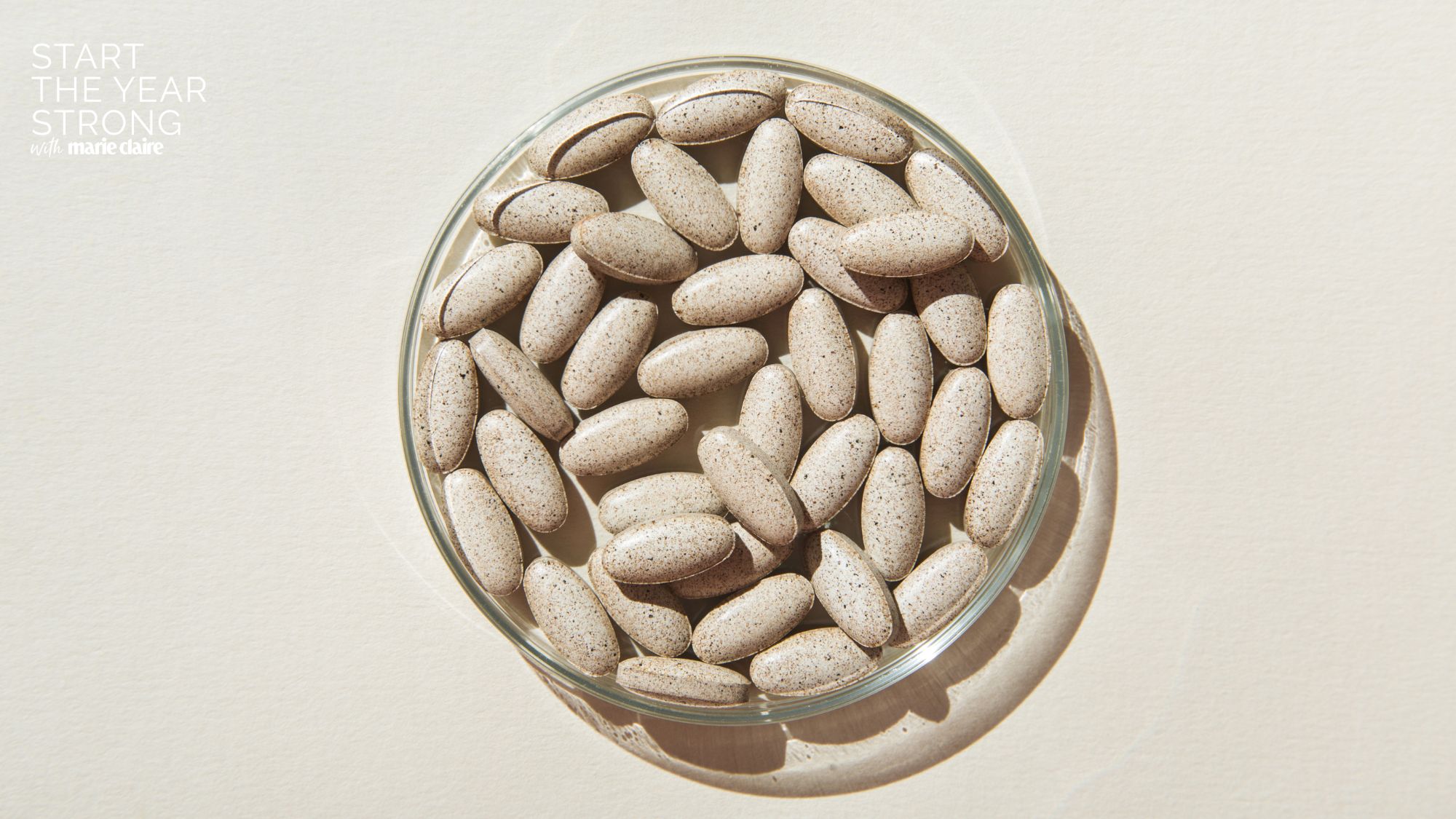

In our hectic modern world, it's hard not to see the appeal of supplements. They're quick, convenient, and promise to help you meet your daily recommended dietary allowance (RDA) of nutrients if you're deficient or concerned that you're not getting enough vitamins from your food. And one supp that's currently trending? Nicotinamide mononucleotide, otherwise known as NMN.
As per the National Institute of Health website, NMN is a "precursor for NAD+ biosynthesis" that has the potential to "...mitigate aging-related disorders such as oxidative stress, DNA damage, neurodegeneration, and inflammatory responses." And while it's skyrocketed in popularity in recent years, we've asked top experts whether all the many reported NMN supplement benefits are too good to be true...
NMN supplements promise a whole lot, you see, including age-defying properties, boosted energy, enhanced metabolism, and improved brain health, in addition to the above. "Although it's anti-ageing effects remains speculative, NMN has sparked significant interest in the longevity and wellness space," says registered dietician Sapna Peruvemba.
Sure, it's easy to get swept up in the latest diet fads, but here at MC UK, we always want to paint a balanced picture of the current scientific evidence, not to mention credible research, on trending health hacks.
To cut through the noise of these claims, we've talked to anti-ageing experts to see what they really think of this popular supplement and its various benefits. From registered dieticians to gerontologists, these specialists have answered all your burning questions about this so-called fountain of youth. Are the NMN supplement benefits backed up by science? Are they actually safe to try? And what supplements actually do offer a simple way to improve your health?
And once you've read the experts' honest take, do check out more research-backed health advice, from what supplements you should take, to science-backed nutrition tips, to expert-approved stress supplements. Plus, take a look our guides to the benefits of mindful eating and MC UK's Senior Health Editor Ally Head's take on the viral inflammation diet.
The benefits of NMN supplements are all over TikTok - so, do they actually work to boost metabolism, enhance brain health and improve energy?
What is NMN?
First - let's explain what NMN actually is. A molecule that occurs naturally in humans, animals, and plants, we're all born with NMN in our bodies and, in time, it forms an important substance called nicotinamide adenine dinucleotide (NAD+). "Our cells need NAD+ to keep them healthy via several different mechanisms, such as metabolism and DNA repair," explains Dr Cathy Slack, an associate professor at the University of Warwick specialising in the biology of ageing. "Several of these processes become dysfunctional as we age – and, indeed, NAD+ levels also decline with age."
Marie Claire Newsletter
Celebrity news, beauty, fashion advice, and fascinating features, delivered straight to your inbox!
And that's where NMN supplements step in. "NMN supplements aim to boost NAD+ levels to counteract some of the damaging effects of ageing on our cells," Slack tells us.
However, the researcher also says supplements aren't the only way to get more NMN in our bodies. "We normally derive it from our diet, from fruits like avocados, dairy, and red meat," she says. "Our cells can also produce NMN indirectly from vitamin B3."
@dr.kay.longevity ♬ original sound - Dr.Kay
What are the benefits of taking NMN?
As mentioned above, the main aim of NMN supplements is to act against the effects of ageing and even age-related disorders. "NMN supplements are primarily used for those wanting to support their NAD+ levels as they naturally decline with age," explains Trista Best, a registered dietician at The Candida Diet ."Those wanting to boost their cellular health and cognitive health have also found success with NMN supplements."
In short, they promise to bring about a host of benefits. "The potential benefits of NMN include improved metabolic health, enhanced muscle strength and performance, better insulin sensitivity, and other anti-aging effects," says dietician Peruvemba.
However, both Slack and Peruvemba assert that the current research on the health benefits of NMN supplements are unclear, so these potential benefits are just that - potential. More research needs to be done before we can conclusively prove the above.
What does the scientific research say on NMN?
According to Slack, a number of studies have demonstrated that NMN supplements increases NAD+ levels in small animal models (particularly mice). In each study, this has lead to numerous health and anti-ageing benefits, such as the suppression of fat gain, increased muscle function, better physical activity, and improved insulin sensitivity.
"The scientific research has shown that in cultured cells or animals, NMN supplements can indeed increase the cellular levels of NAD+, and this increase in NAD+ is associated with improved function." says the researcher. "These studies are encouraging as they suggest that NMN supplementation may have beneficial effects on health, particularly in older animals."
However, she points out that there are two major limitations with the current research into NME supplement benefits. Firstly, the lack of human trials that demonstrate the effects of NMN on human health and ageing, and secondly, a lack of human trials to investigate the safety of humans taking NMN supplements over long periods at the relatively high doses given to mice. "Most of the research conducted so far has been carried out on cells in culture or in animal models," says Slack.
While there has been research on NMN supplements benefits in people - such as a 2021 study that found NMN supplements increased aerobic capacity in runners, or a 2022 study that found NMN increased muscle response in older adults - Slack and Peruvemba argue that more human trials are needed.
Peruvemba explains that it’s difficult to make conclusive claims about NMN’s efficacy over time or its potential risks without more comprehensive human studies. "Human studies are limited," she says. "They're typically short-term (four to 12 weeks), and do not provide clarity on long-term safety, optimal dosing, or whether the effects observed in animals actually translate to humans."
Dr Richard Faragher, a professor of Biogerontology at the University of Brighton, also agrees that human data is limited, and emphasises that studies on the safety of these supplements are scarce. "The major drawback at the moment, in my view, is that there is a dearth of studies on the safety of these supplements," he tells us. "It's fair to say that the jury is currently out - while it's probably safe to take, but the numbers of individuals involved in the trials seems to have been quite small."
And while studies have demonstrated that NMN supplementation increases NAD+ concentration in both humans and experimental animals, Faragher also casts doubts over whether NAD+ declines at all. "Across species NAD+ levels are believed to fall with age, but the quality of evidence that this happens is not especially good – particularly in humans," he argues.
These drawbacks of research into NMN supplement benefits were outlined in a recent review, which concluded that a number of actions need to be taken before NMN supplement benefits can be confidently marketed: conducting more human trials to investigate safety and tolerance; conducting more comprehensive studies to better understand the benefits; and gaining a clear definition of what a ‘normal’ concentration of NAD+ looks like.
@barrettplasticsurgery ♬ original sound - Dr Daniel Barrett
Who are NMN supplements best for?
"Right now, nobody," says Faragher. "But when it comes to effectiveness, absence of evidence is not evidence of absence."
Peruvemba suggests that there are some who could benefit more from the potential advantages than others. "While many people are drawn to NMN for its anti-aging appeal, it may hold the most promise for those at higher risk of age-related diseases," she says. "These include Alzheimer’s, diabetes (as aging can contribute to insulin resistance), cognitive decline, and muscle weakness."
However, as with most supplements, Peruvemba says gaining the benefits of NMN should start with what's on your plate. "While the allure of NMN and other supplements is understandable," says the dietician. "There’s no replacement for the powerful anti-aging benefits of a diet rich in fruits, vegetables, nuts, seeds, and whole grains."
With that in mind, Slack also says that she only recommends the supplements to those who aren't able to gain NMN from diet. "Supplementation is most likely beneficial for individuals who are deficient in NMN or who find it difficult to incorporate NMN-containing foods into their daily diet," she says.
Supplements that dieticians actually recommend
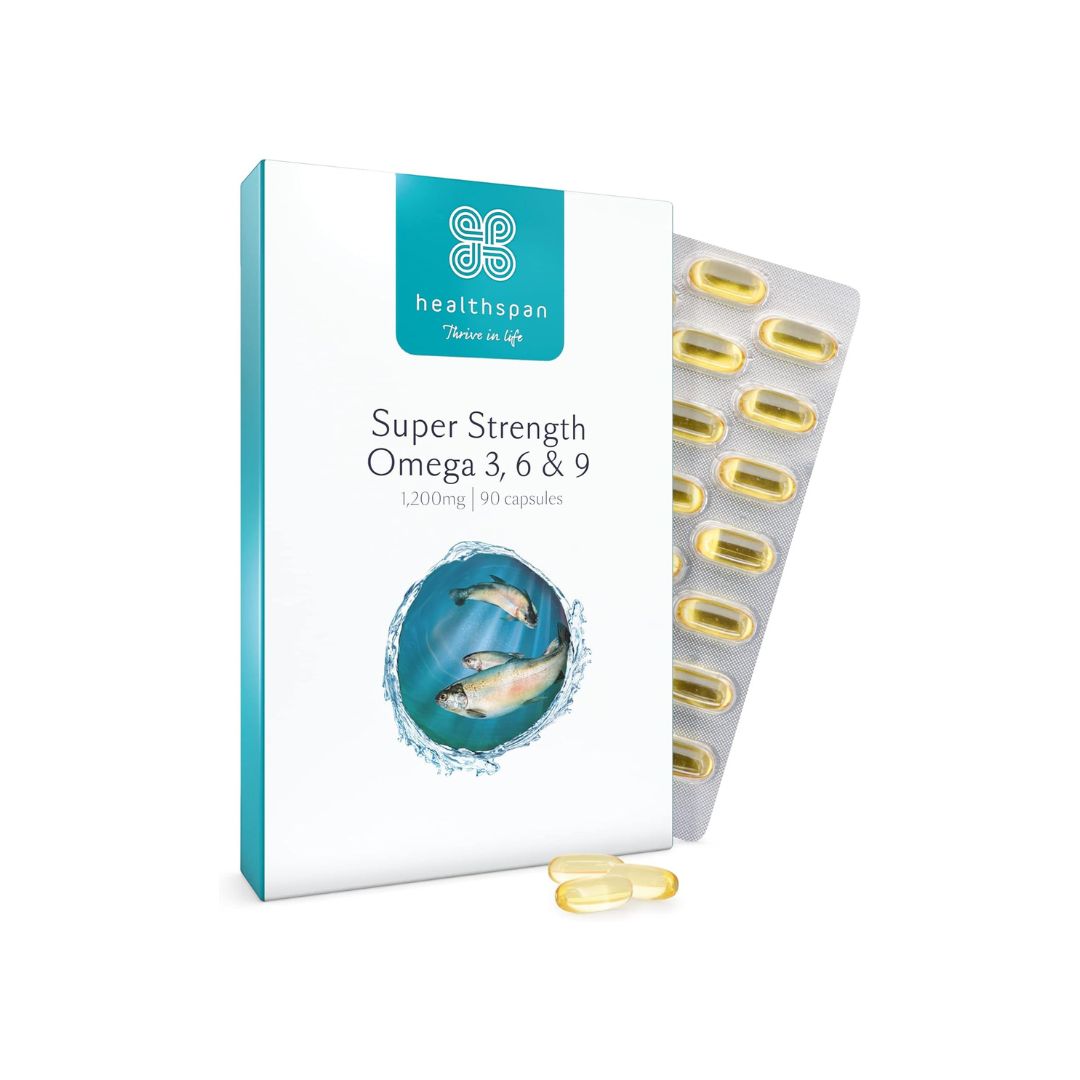
"Omega-3 fatty acids reduce inflammation and support aging internally from heart to joint health," says Best.
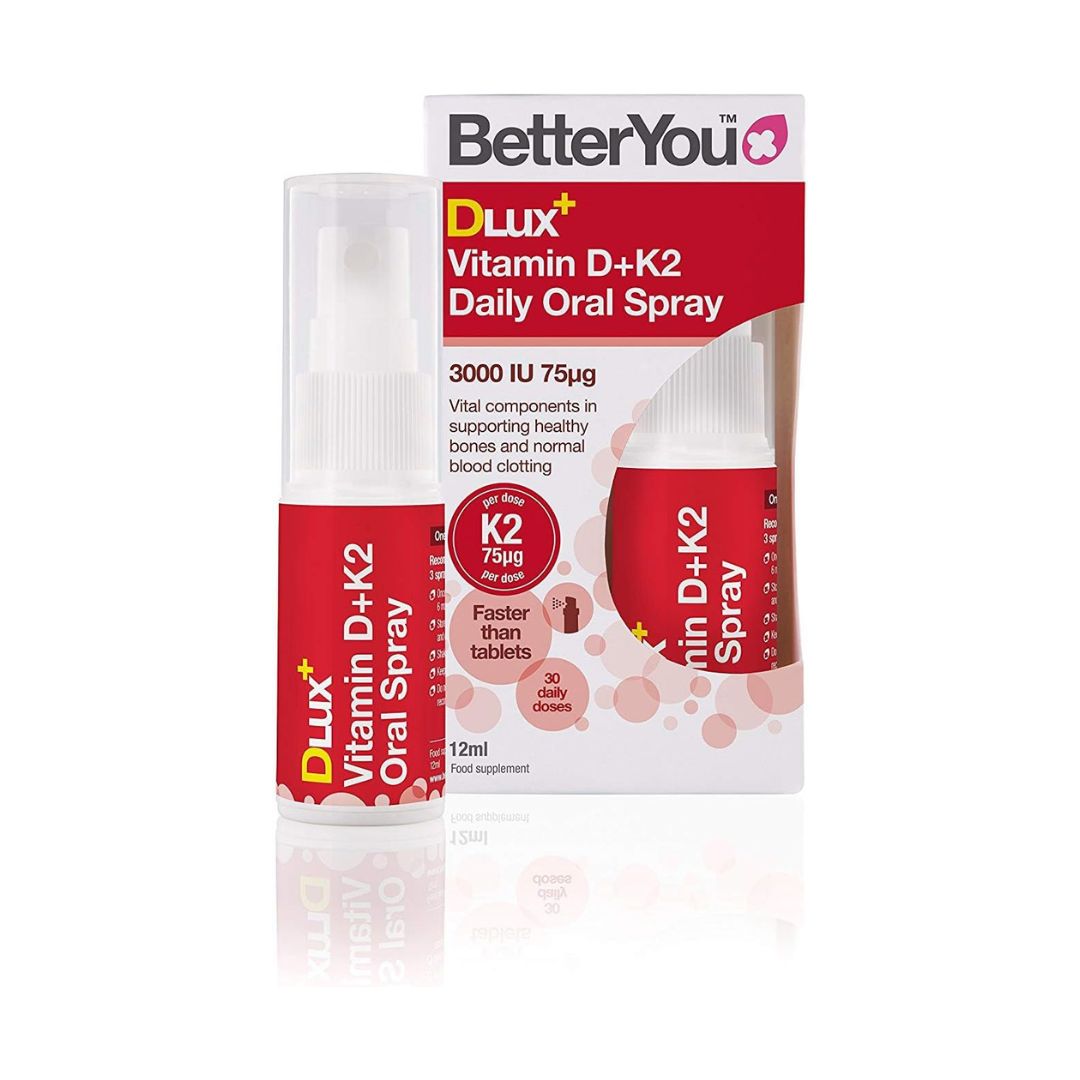
"Vitamin D and K2 are essential for bone health and immune function," says Best.
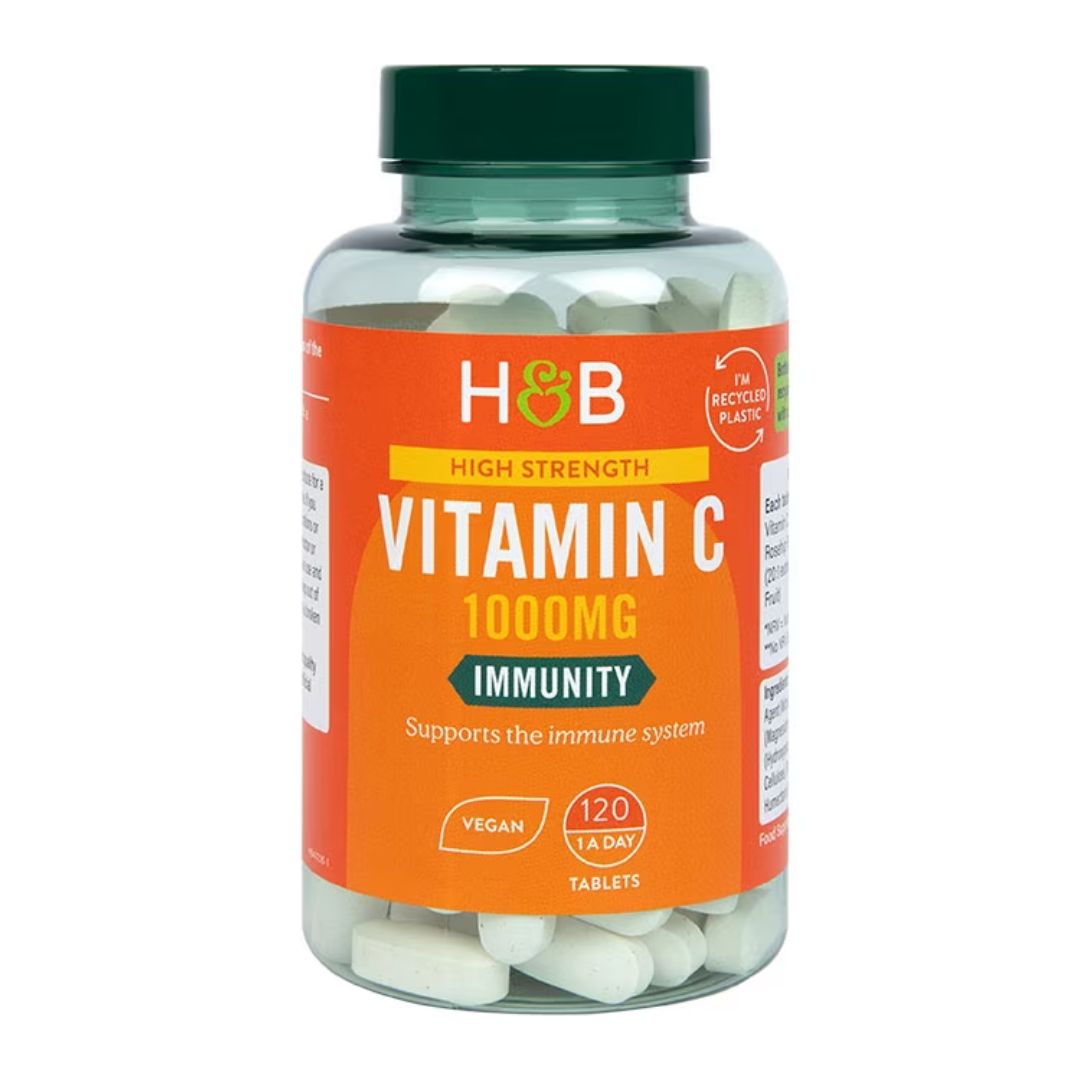
"Vitamin C is an antioxidant that reduces oxidative stress and promotes collagen production," explains Best.
How much NMN should a person take?
"The most common dosage of NMN is 250 to 500 mg per day, with some studies showing doses up to 1,000 mg may be safe and effective," says health specialist Best. "Individual factors will impact the exact dosage including age, health, goals, and weight. It is most commonly taken in the morning when NAD+ production is naturally higher."
However, Best, Slack, and Peruvemba do not recommend going higher than the 1,000mg, and caution should be taken until more robust data confirms its long-term safety.

Frances is a contributor at Marie Claire and has written about food, health, and nutrition for publications such as Tom's Guide and Ideal Home, speaking to a variety of experts about everything from insomnia to meditation. She also has experience testing and reviewing home and sleep products, including wearable tech and mattresses. Her career in journalism began at Cardiff University, where she earned a BA in English Language and Literature and an MA in Magazine Journalism.
-
 Road To Recovery: I'm a Health Editor and marathon runner who’s long struggled to make recovery a habit - enter, my lazy girl's guide to R&R
Road To Recovery: I'm a Health Editor and marathon runner who’s long struggled to make recovery a habit - enter, my lazy girl's guide to R&RRecovery is all too easy to skip when you’re busy, but it’s as essential as working out to boost wellbeing - which is where these handy tips come in.
By Ally Head
-
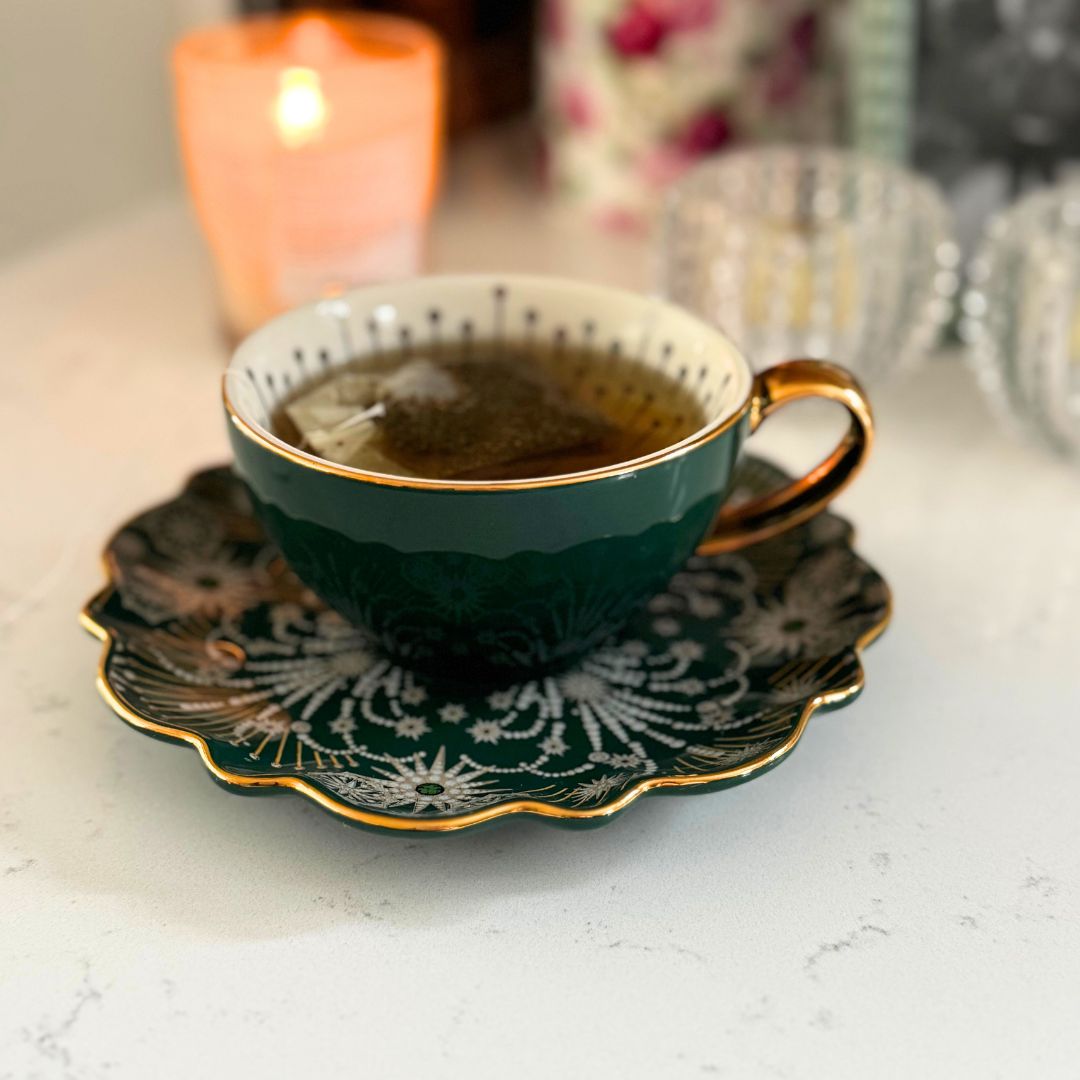 I tried TikTok's lemon balm tea for a week to see if it can really help to reset your nervous system - my honest review
I tried TikTok's lemon balm tea for a week to see if it can really help to reset your nervous system - my honest reviewSit back and pour yourself a cup of calm.
By Anna Bartter
-
 The entire UK seems to be obsessed with saunas RN - 9 benefits to know about, if you're considering giving them a go
The entire UK seems to be obsessed with saunas RN - 9 benefits to know about, if you're considering giving them a goEnter your Scandi girl era.
By Anna Bartter
-
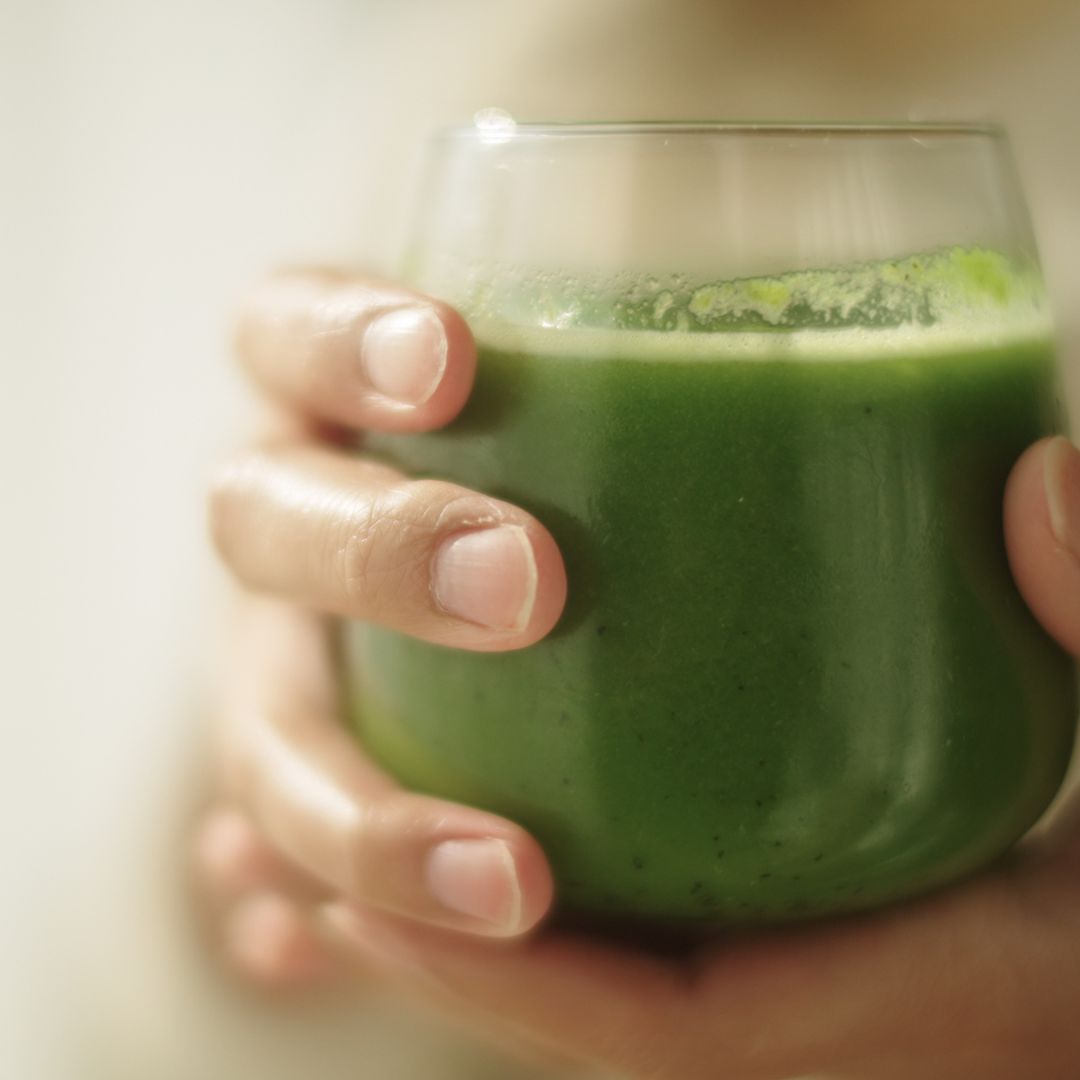 10 common nutrition myths a registered dietician swears they'd never follow - and wants you to avoid, too
10 common nutrition myths a registered dietician swears they'd never follow - and wants you to avoid, tooYou might find these surprising...
By Katie Sims
-
 Wellness Escapes: I went to Bali in search of winter sun, I came home with a new lease of life
Wellness Escapes: I went to Bali in search of winter sun, I came home with a new lease of lifeThis White Lotus-style sanctuary taught me how to relax
By Mischa Anouk Smith
-
 As Mel Robbins' Let Them theory gains global traction - how the simple tool promises to transform your life
As Mel Robbins' Let Them theory gains global traction - how the simple tool promises to transform your lifeNot to mention, help you take back control.
By Katie Sims
-
 I tried Jennifer Aniston's 80/20 approach to wellness - and can't tell you how refreshing I've found it
I tried Jennifer Aniston's 80/20 approach to wellness - and can't tell you how refreshing I've found itIt's all about balance.
By Katie Sims
-
 It's one of the most fun home workouts you can do: 6 best exercise hula hoops to add to your fitness regime
It's one of the most fun home workouts you can do: 6 best exercise hula hoops to add to your fitness regimeThey're very affordable, too.
By Amelia Yeomans


